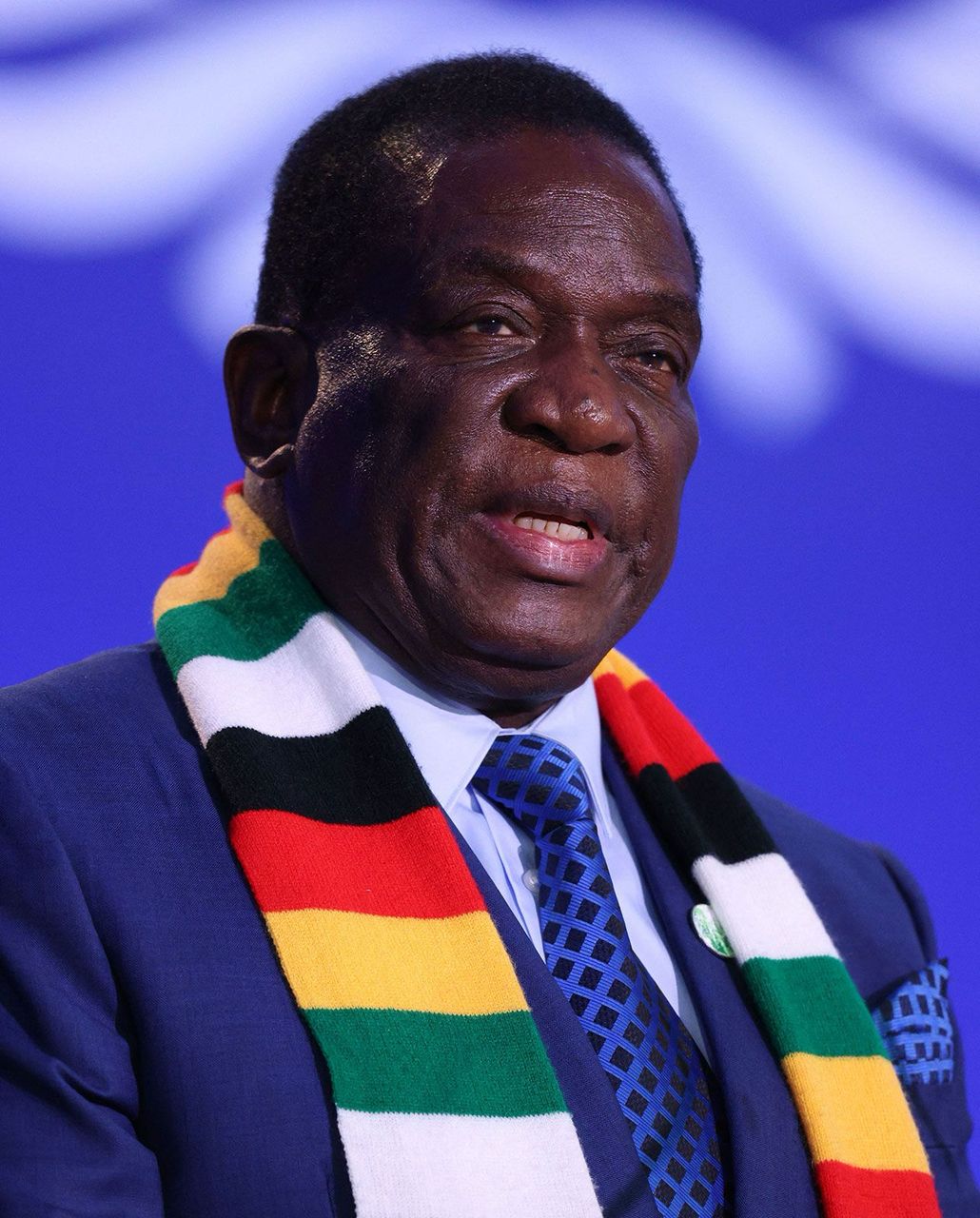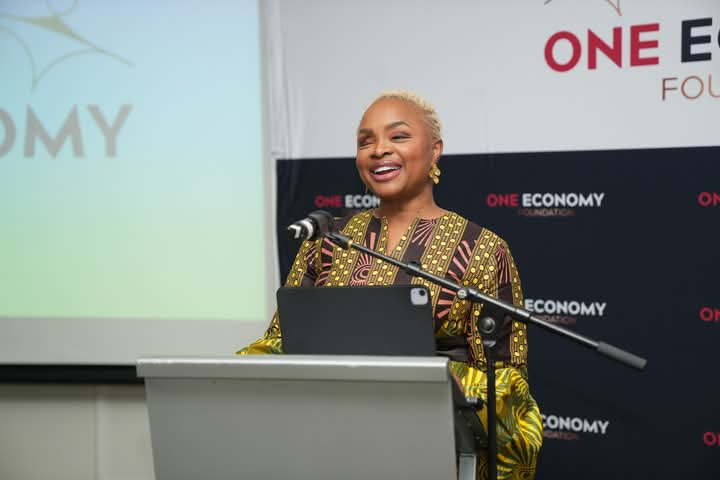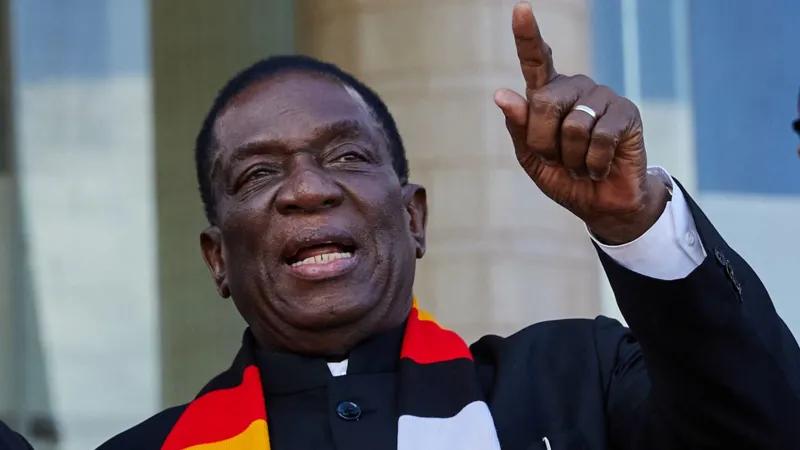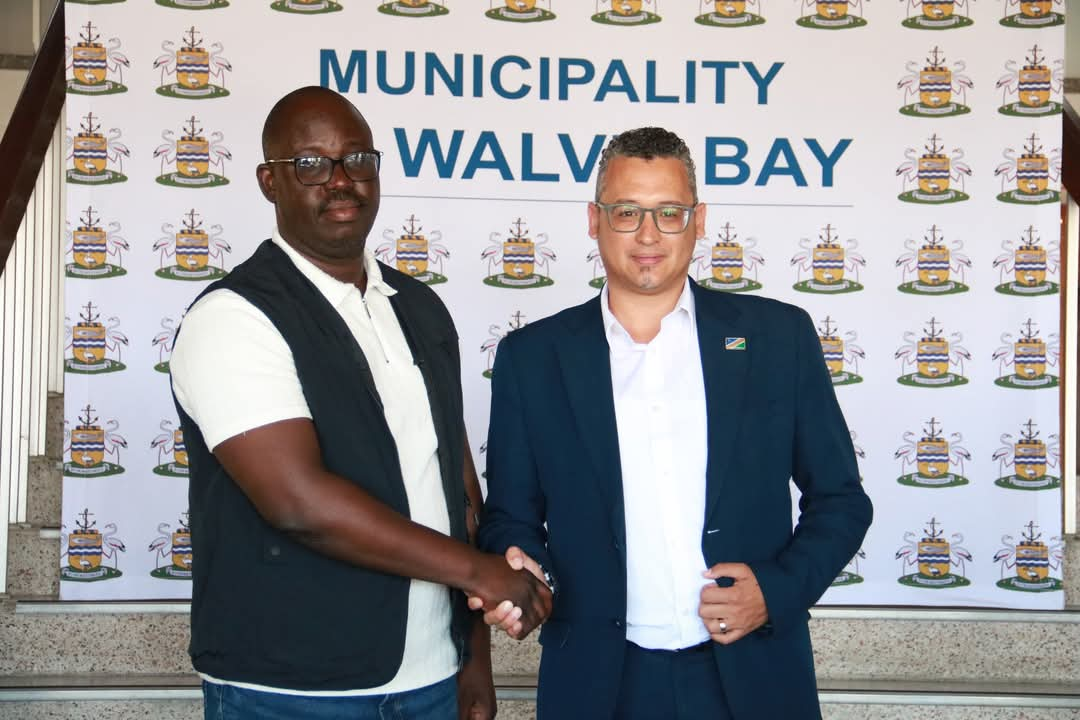Health minister Kalumbi Shangula says there is a massive shortage of medical specialists in the country, with one doctor per 1000 patients.
Shangula on Monday told The Namibian the shortages are exacerbated by specialists not being adequately compensated.
“The demand for specialists remains a challenge,” he said. In addition, the country only has one doctor specialising in premature babies or newborns with high-risk or complex health conditions to service population demand.
This is one of eight medical specialisations with just one doctor to meet the needs of the whole country.
The ministry’s 2022 Healthcare Workforce Status Report indicates a need to fill 89 more specialist posts out of the overall 230.
It shows that the state has 141 specialists on their payroll.
The health ministry has a total of 19 976 staff members, and of these, 81% are government funded, while 19% are donor-funded. The ministry also has 9 251 vacant posts.
The Kavango regions, along with Zambezi and //Kharas, have the worst coverage of medical officers and specialists.
The Kavango West region has the lowest coverage with 29%, Kavango East and Zambezi – 36%, and //Kharas – 46%.
These regions are facing critical low staffing levels in areas of acupuncture, nutrition and dietetics, eyecare, psychology, physiotherapy, occupational therapy, medical technology, pharmacy, orthopaedic, and ambulance officer/emergency care.
The shortages were highlighted last week when president Hage Geingob underwent treatment in South Africa for minor heart valve surgery that is not conducted in Namibia.
Presidential doctor Trianus Pohamba said the procedure is prompted by fears that the valve may completely clot up or calcify, completely closing the passage, which puts the patient in a state of emergency.
Doctors specialising in heart valves are called cardiothoracic surgeons, of which Namibia has seven. These medical professionals have expertise in diagnosing and treating conditions related to heart valves, including valve diseases and malfunctions. They may perform surgical procedures to repair or replace damaged heart valves, ensuring proper heart function and blood flow.
The eight medical specialisations include oral medicine and periodontist (gum specialist); prosthodontist (tooth replacement); specialist in reproductive medicine; medical oncologist (cancer specialist); specialist in critical care; endocrinologist (hormone specialist) as well as rheumatologist (joint specialist).
The ministry’s workforce report also highlights gender disparities, with specialists skewed more heavily towards men at 58%, versus women at 42%.
“This suggests that continued affirmative action to minimise this disparity during enrolment or funding for specialist training is necessary,” reads the report.
The country has 424 health facilities, including five deferral hospitals, 31 district hospitals, 56 health centres, 322 clinics and two rehabilitation centres.
CAPACITY IN NAMIBIA
Namibia has about 3 512 healthcare professionals, including interns and students, as well as those in practical training registered with the country’s medical and dental council.
The students and interns number 1 384.
The World Health Organisation (WHO) last year said Namibia is one of four countries along with Mauritius, Seychelles and South Africa that have surpassed their health worker-to-population ratio.
Shangula said specialists are an integral part of Namibia’s health delivery system but are still densely concentrated in major towns, leaving the periphery unserved.
He said it takes a minimum of four years to train a specialist.
“The ministry has a deliberate programme to train specialists but it will take a long time before we can satisfy the need,” he said.
Overall, the country has 520 specialists and 43 physicians, the Health Professions Council register shows.
On average, this means there is one specialist for every 5 000 Namibians.
The growing healthcare demands are complicated by a workforce shortage, including specialised services.
In a 30th anniversary report by the WHO heart specialist Ismael Katjitae said Namibia’s glaring shortage of critical care specialists was one of the major challenges of the third wave.
The report further recorded that Namibia established its School of Medicine in 2009, which had trained 400 medical doctors and four specialist anaesthetists deployed in health facilities throughout the country.
WHO representative Charles Sagoe-Moses said the country must continue to strengthen its healthcare system.
“Making sure that we have health workers who are skilled, but also investing in community health workers and the grass roots, we need to continue emphasising primary healthcare,” he said.
To deal with the lack, the ministry welcomed 92 volunteers from Cuba, the majority of whom are specialists including dentists, anaesthetists, physicians, gynaecologists, maxillo-facial surgeons, paediatricians, surgeons, dermatologists and prosthodontists among others.
SPECIALISATION TRAINING
An article in the African Journal of Primary Health Care & Family Medicine highlights a growing healthcare demand that is complicated by a shortage of workforce, including specialised services.
“Some progress has been made through the creation of public–private partnerships,” the article reads.
Specialist family physician Felicia Christians, the author of the article, said in spite of its small population and good health infrastructure, Namibia still lags behind in the delivery of person-centred, quality primary healthcare.
“Well-trained generalist doctors and family physicians can lead the way in turning this situation around,” said Christians, who also forms part of the leadership of Namibia’s only school of medicine.
Stay informed with The Namibian – your source for credible journalism. Get in-depth reporting and opinions for
only N$85 a month. Invest in journalism, invest in democracy –
Subscribe Now!










